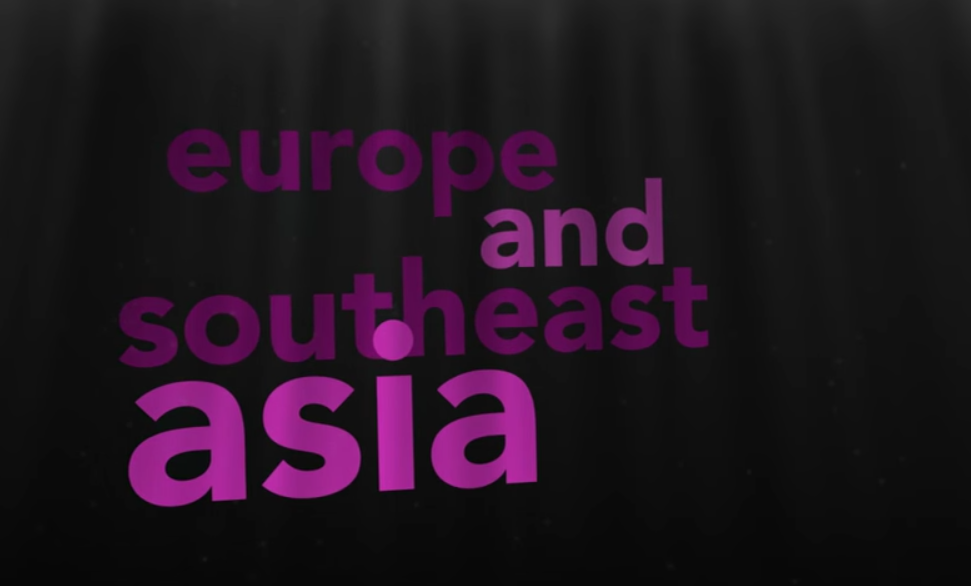
Background and objectives
The objective of the Joint Funding Scheme (JFS) is to bring together Southeast Asian and European researchers and innovators to collaborate on topics of mutual interest. There is strong demand from the research and innovation community for a multilateral scheme, which would allow for societal challenges to be addressed, which is of benefit for both regions. The Joint Funding Scheme is based the lessons learned of the “Southeast Asia-Europe Pilot Call for Mobility” that was implemented by the SEA-EU-NET project in 2015, The JFS is an instrument to pool resources at a multilateral level to support collaborative research and innovation projects. At the same time, the participating countries (funding organisations) are providing funding only to their research and innovation partners. The Joint Funding Scheme (JFS) intends to develop a systematic approach to joint research and innovation activities between Southeast Asia and Europe. The JFS will pave the way for sustainable cooperation between research and innovation institutions in both regions on the basis of the following activities:
- Implementing joint research and innovation activities
- Enhancing bi-regional co-operation
- Developing new partnerships and strengthen existing ones
- Exchanging knowledge and best practice approaches
Partners
The JFS scheme will consist of ministries (in the field of Research and Innovation) and funding agencies in Europe and Southeast Asia. The attractiveness of the scheme increases with the number of participating countries/funding institutions from both regions. Currently (as of October 2016) 15 research ministries and research funding organisations from Europe and Southeast Asia have confirmed their participation in the First Call under the Joint Funding Scheme to be launched in 2017.
Thematic Areas and funding modes
The thematic focus of the JFS should be of mutual interest for both European and Southeast Asian partners, should be within the range of global challenges facing both regions, and should warrant concerted joint actions in STI. Topics for the JFS should be broad and possess a multidisciplinary approach (also to include Social Sciences and Humanities). The first suggested JFS call will be focussed on common societal challenges (possibly under the heading of “Resilient and competitive societies”), suggested topics are:
- Health
- Sub-topic 1: Anti-microbial drug resistance
- Sub-topic 2: Emerging infectious diseases
- Climate Change/Environment
- Sub-topic 1: Adaptation/Resilience of food production systems
- Sub-topic 2: Impacts of Climate Change on Ecosystems/Biodiversity
Participating funding organisations/research ministries may decide on the selection of thematic fields they will be able to support. Funding will be provided for Research and Innovation projects for a period of up to three years, if not otherwise mentioned in the respective national regulations.
Timetable
Pre-announcement of the call (published on www.sea-eu.net) | 1 March 2017 |
Launch of the Call for Proposals | 1 April 2017 |
Brokerage/Matchmaking | Preliominary date: 24/25 April 2017 (in the framework of the 2017 ASEAN-EU STI Days in Brussels/Belgium) |
Deadline for proposal submission | End of June 2017 |
Eligibility check | Mid-of July 2017 |
Online evaluations | Mid-of September 2017 |
Scientific Council Meeting | End-of September 2017 |
Programme Steering Committee Meeting | End-of September 2017 |
Information of applicants about the results of the selection process | Beginning of October 2017 |
Preparation of national/regional funding contracts/funding decisions | October-December 2017 (depending on national regulations) |
Start of projects | January – March 2018 on (depending on regulations) |
Notes:
For detailed information on SEA-EU-NET2 Project and the JFS call please contact to sea-eu-net2@tubitak.gov.tr.
